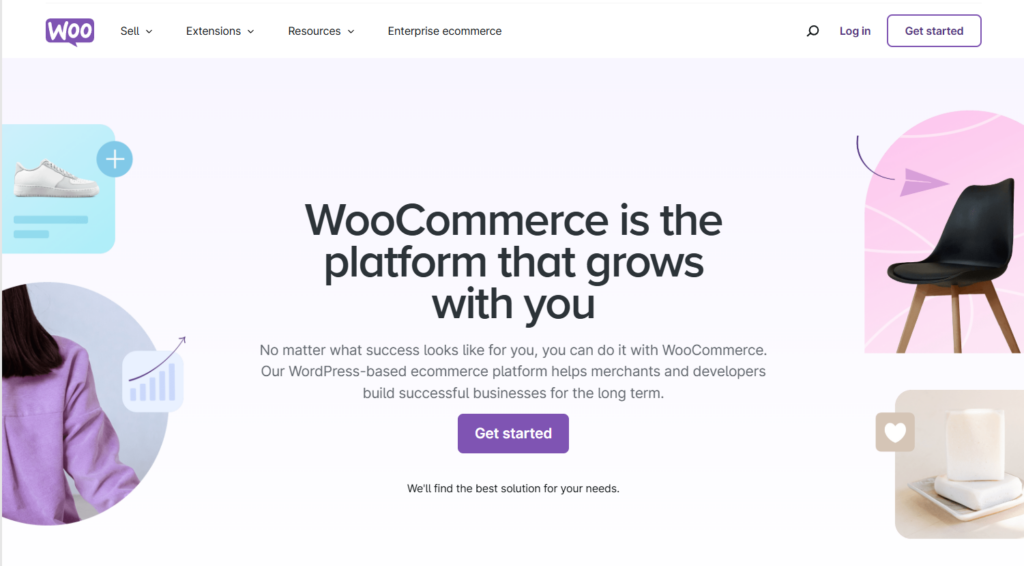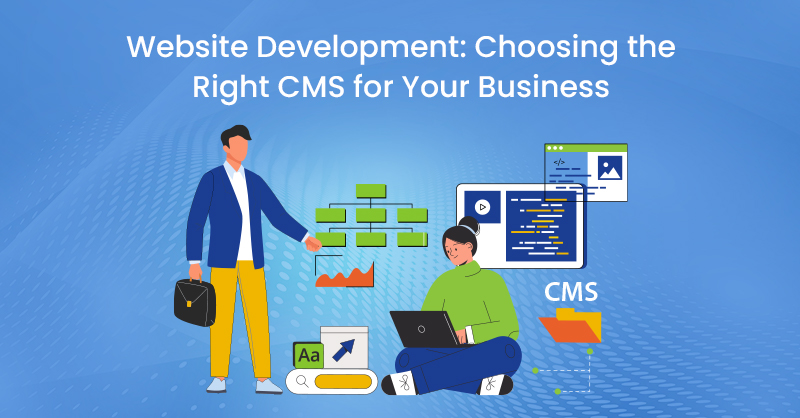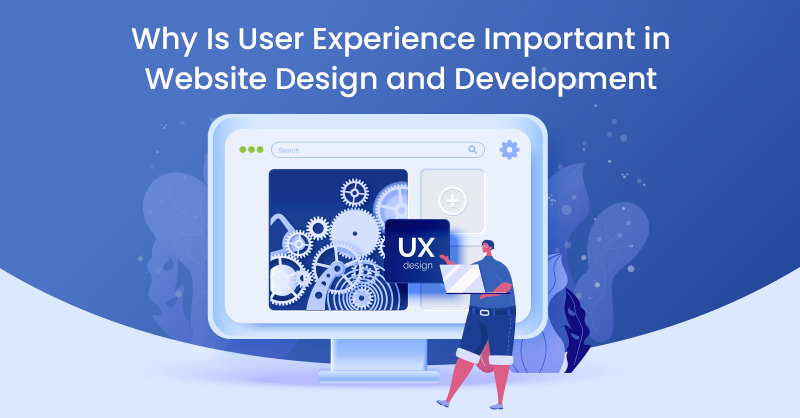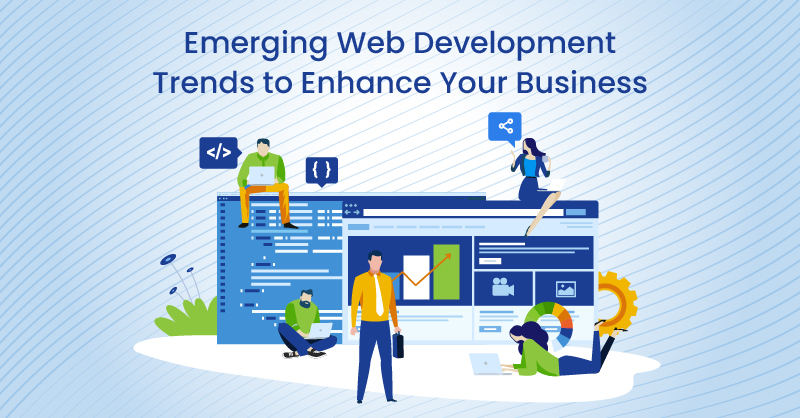What Is a Content Management System?
First of all, we need to define what a Content Management System is. A Content Management System (CMS) allows users to create, manage, and modify website content without extensive coding knowledge. The right CMS can significantly enhance your website's ability to attract leads, improve SEO, and drive e-commerce sales.
The Best CMS Options for Businesses
1. WordPress
WordPress powers over 40% of the internet, making it one of the most effective website development tools for businesses.
Pros
- SEO Capabilities: WordPress offers extensive SEO plugins like Yoast, making it easy to optimize metadata, sitemaps, content as well as its header structure and crawlability.
- Customizability: With thousands of themes and plugins and a marketplace like Envato Elements, businesses can tailor their sites to fit their needs.
- Lead Generation: Integration with tools like HubSpot and TechWyse’s own CRM, AdLuge, along with lead capture forms, makes WordPress ideal for generating and nurturing leads.

Source: https://wpengine.com/
2. Webflow
Webflow is a modern CMS offering the best tempated designs among other amazing features for creative development.
Pros
- Visual Builder: Its intuitive drag-and-drop interface is perfect for designers and also for beginners, making it an intriguing option for more aesthetic-based businesses like TechWyse’s partner, MedSpa Marketing.
- SEO Optimization: Webflow provides clean code, fast-loading pages, and built-in SEO settings so that when you launch the site, it instantly follows Google’s best practices.
Cons
- Steeper Pricing: Webflow can be pricier compared to other CMS platforms.
- Limited Plugins: While it offers excellent built-in features, the ecosystem is less extensive than WordPress.
3. HTML & Custom-Built Websites
For businesses needing custom solutions, an HTML-built website is unparalleled. You’ll need a professional developer to build a site that is capable of lead generation. If you’re looking to maximize efficiency, programming outsourcing can be a great option to consider.
Pros
- Complete Customization: HTML sites are tailor-made, offering endless possibilities for functionality and design.
- SEO Freedom: Developers can optimize every aspect of the site without limitations from pre-built frameworks. This allows for more technical SEO capabilities to be utilized such as schema and backlink structure.
- Security: Without third-party plugins, custom sites are less vulnerable to attacks.
Cons
- Higher Costs: Custom websites often have higher upfront development costs.
- Maintenance: Changes require a developer, which can be time-consuming and expensive.
4. Shopify
If your business revolves around selling products online, Shopify is the answer. Shopify has gained a lot of popularity over the last ten years, and for good reason.
Pros
- E-Commerce Tools: Shopify offers seamless integrations with payment gateways, inventory management, and shipping tools.
- Ease of Use: A user-friendly interface allows even non-technical users to manage their stores effectively.
- Scalability: Shopify can handle businesses of all sizes, from startups to enterprise-level stores.
- Design: Shopify has a lot of creative features for store owners to visually display their store and make it memorable online
Cons
- Transaction Fees: Shopify charges additional fees unless you use their payment gateway. This is common, but is an additional cost to your business.
- Limited Customization: Compared to WordPress or Webflow, design flexibility can be restrictive. Templates can be very restrictive and any major edits can cause the whole site to crash, which will result in a loss of SEO.
5. WooCommerce
WooCommerce transforms WordPress into a powerful e-commerce platform. It’s built on the backend of WordPress’ already powerful and effective structure and can handle most eCommerce stores.
Pros
- SEO Benefits: As a WordPress plugin, WooCommerce inherits the platform's robust SEO capabilities.
- Customizability: With endless plugins and themes, you can build a unique online store.
- Cost-Effective: While hosting costs apply, WooCommerce itself is free. There are still payment elements that need to be applied, but it’s still cost-effective.
Cons
- Learning Curve: Setting up a WooCommerce store requires some technical knowledge, which is why TechWyse is here to help!
- Ongoing Maintenance: Like WordPress, WooCommerce requires regular updates and plugin management, so having an agency is typically best practice.

Source: WooCommerce
CMS Options to Avoid for Business Websites
Not all CMS platforms are created equal. Some options may seem appealing but lack the necessary features for scalability, SEO, and lead generation.
1. Wix
While Wix is user-friendly, its limitations make it unsuitable for businesses looking to scale.
Pros
- Affordable pricing for small projects.
Cons
- Poor SEO: Limited control over URL structure and slow loading times hinder search engine rankings.
- Lack of Flexibility: Customization options are minimal compared to WordPress or Webflow.
- Ownership Issues: Migrating your website to another platform is challenging. And overall the platform is incredibly limiting despite advertising that they are not.
2. Squarespace
Squarespace is often praised for its aesthetic templates, but its functionality falls very short compared to the previously mentioned CMS’ including those mentioned in eCommerce.
Pros
- Nice-looking templates designed for creatives.
- Easy-to-use interface.
Cons
- Limited SEO Features: Squarespace lacks advanced tools for detailed optimization.
- E-Commerce Limitations: While possible, managing larger stores is next to impossible
- Fewer Integrations: Limited third-party app support makes it hard to grow
3. Weebly
Weebly’s simplicity is both its strength and downfall. If you are a solopreneur or own a small storefront with minimal products, then this can work. But it’s still not recommended.
Pros
- Easy to use for beginners.
- Affordable for personal projects.
Cons
- Outdated Templates: Limited design options compared to modern CMS platforms.
- Poor SEO Performance: Weak tools for optimizing your site’s rankings.
- Lack of Scalability: Businesses outgrow Weebly quickly and come to TechWyse to fix their limitations
4. GoDaddy Website Builder
GoDaddy has so much going on that its website development product lacks its competitors' strength.
Pros
- Simple website setup.
Cons
- Minimal Features: The builder lacks robust e-commerce and lead generation tools.
- Limited SEO: Basic optimization features make it hard to compete in search rankings.
- Restricted Customization: Pre-built templates offer little room for creativity or growth.
Why Your CMS Choice Matters for Lead Generation and Sales
The right Content Management System doesn’t just build a website. It helps build a brand and a business. Platforms like WordPress and Shopify empower companies to attract leads, rank higher in search engines, and convert visitors into loyal customers.
On the other hand, choosing an inferior CMS can stunt your online growth. Poor SEO performance, lack of flexibility, and scalability issues are common problems with platforms like Wix, Squarespace, and GoDaddy Website Builder.
Ready to Build Your Website with the Right CMS?
By integrating advanced website development tools into your strategy, you can maximize the potential of your CMS and create a high-performing, scalable website.
Whether you’re looking to create a high-converting e-commerce store or optimize your website for lead generation, TechWyse Internet Marketing has the expertise to help you succeed.
Book a meeting with us today, and let’s craft a website that drives results for your business!




